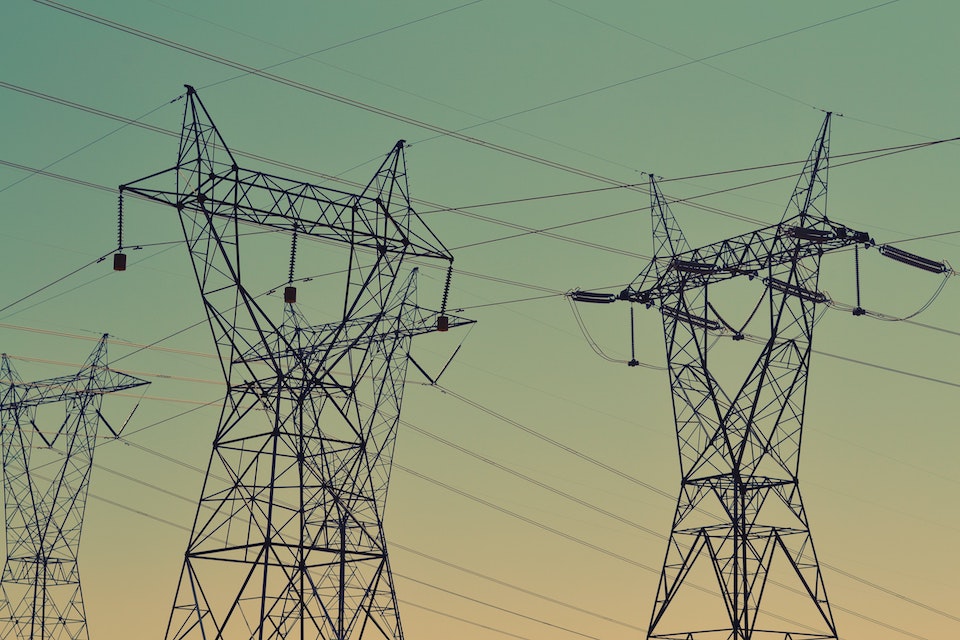Politicians of all colors and parties nearly tripped each other this week in anger over the sharp rise in energy prices. This is as intriguing as it is misplaced.
Shady concessions
Energy policy is a textbook example of a file that has left politics to rot for years, and where the interests of some pressure groups and industry leaders generally outweigh the interests of individual citizens. While this citizen nevertheless delegates politics to represent his interests, he also prefers to show the necessary insight.
It is also a written example of a file Lack of courage and vision that has characterized politics in this country for decades, As a result, in 2021 Belgium and Flanders were particularly equipped to meet every major social challenge with any chance of success.. From pension reform (LINK piece) to modernizing our labor market to climate and energy policy.
Shady’s concessions – once hailed by some politicians and political commentators as Belgium’s most successful export product – have pushed public finances to the brink of collapse and make the chasm between citizens and politics deeper each year. Energy policy – or the lack of it – is another example of this.
Suez
When the French Suez Group acquired Belgian holding company Tractebel in the late 1990s – which controlled the Belgian electricity and gas sector through its two subsidiaries Electrabel and Distrigas – then-government Dehaene stood and watched. Until then, the foundations had been laid to sell almost the entire Belgian energy sector to France. Today, Engi-Electrabel is a subsidiary of the French Engie Group. In recent years, Luminus, Essent and Lampiris, among others, have passed into French hands.
Politicians have never made a serious effort to prevent the almost complete sale of a particularly strategic sector to foreign countries.
CREG
Of course, rising energy prices today is not a purely Belgian phenomenon, but it is clear that the loss of control and far-reaching consolidation in the sector was not in nature to stimulate a well-thought-out private energy policy. This has been translated for years – and therefore not since today or yesterday – at very high prices. It is no coincidence that CREG, the Belgian energy market regulator, has systematically hammered the same nail in recent years: Belgian consumers have paid far more for gas and electricity than they have in most neighboring countries. This was also confirmed by international price comparisons for Eurostat.
Ongoing political disagreements about closing nuclear power plants — a debate that has been going on for nearly 20 years — haven’t helped either. Over the past decades, our country has gradually but steadily developed from a net exporter of electricity to a net importer. So little attention has been paid to developing cross-border transportation capacity, that at some point questions are asked loudly about the security of supply in the winter months. On top of that, the solar panel disaster was added at the beginning of this year. The decision of the Constitutional Court to abolish the Flemish transitional arrangement with the return counter left the entire Flemish political community with shame on the cheeks.
lack of vision
Against the backdrop of years of indifference, outright manipulation, and an apparent lack of vision, the current discontent over the sharp rise in energy prices thus appears exasperating. Not least because independent experts have been hammering a different nail for years: Much more than the price hikes of the electricity or pure gas component, it is the torrent of taxes and fees that make Belgian energy bills the most expensive in Europe.
Taxes and fees already account for about 60 percent of the electric bill and 40 percent of the gas bill. Politicians who suddenly woke up in the wake of widespread social protest: in which corner of Parliament have they been sleeping for the past ten years? And now history threatens to repeat itself: from all angles it is suddenly raining proposals that hardly reach beyond a temporary fix or the proverbial plaster on a wooden leg. Electricity prices too high? Then just a social average for almost everyone! Or no, let’s just lower the VAT! That all of us will then have to make up for the lost amount through the general budget, and that, of course, the essence of the problem will not be solved? Knee ear grinds for it.
And that the desire of the ordinary Fleming to put their shoulders at the wheel in the light of the necessary energy transmission is increasingly diminished by this unfortunate spectacle? We will solve this problem later, if it has already appeared. Where we took this visual approach will become painfully clear again in the coming weeks, once budget negotiations hit sprint.

“Total coffee specialist. Hardcore reader. Incurable music scholar. Web guru. Freelance troublemaker. Problem solver. Travel trailblazer.”







More Stories
GALA lacks a chapter on e-health
Weird beer can taste really good.
Planets contain much more water than previously thought